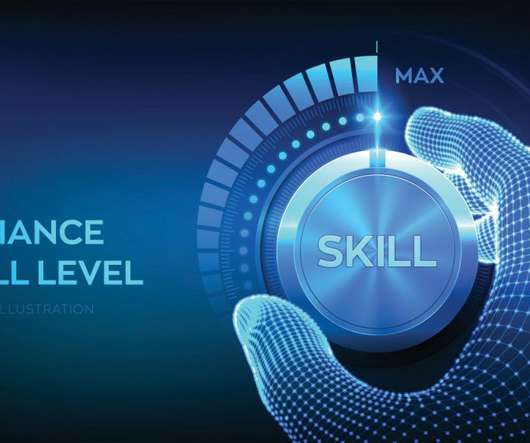6 vital workplace skills you’ll need to succeed in the future
Career Advancement
JUNE 15, 2020
Of course, critical thinking brings many other benefits as well, like the ability to consider which performance management system might work best for the organization or to evaluate which potential product might appeal to a given market. Creative thinking skills. The workforce of the future will heavily rely on creativity as well.












Let's personalize your content